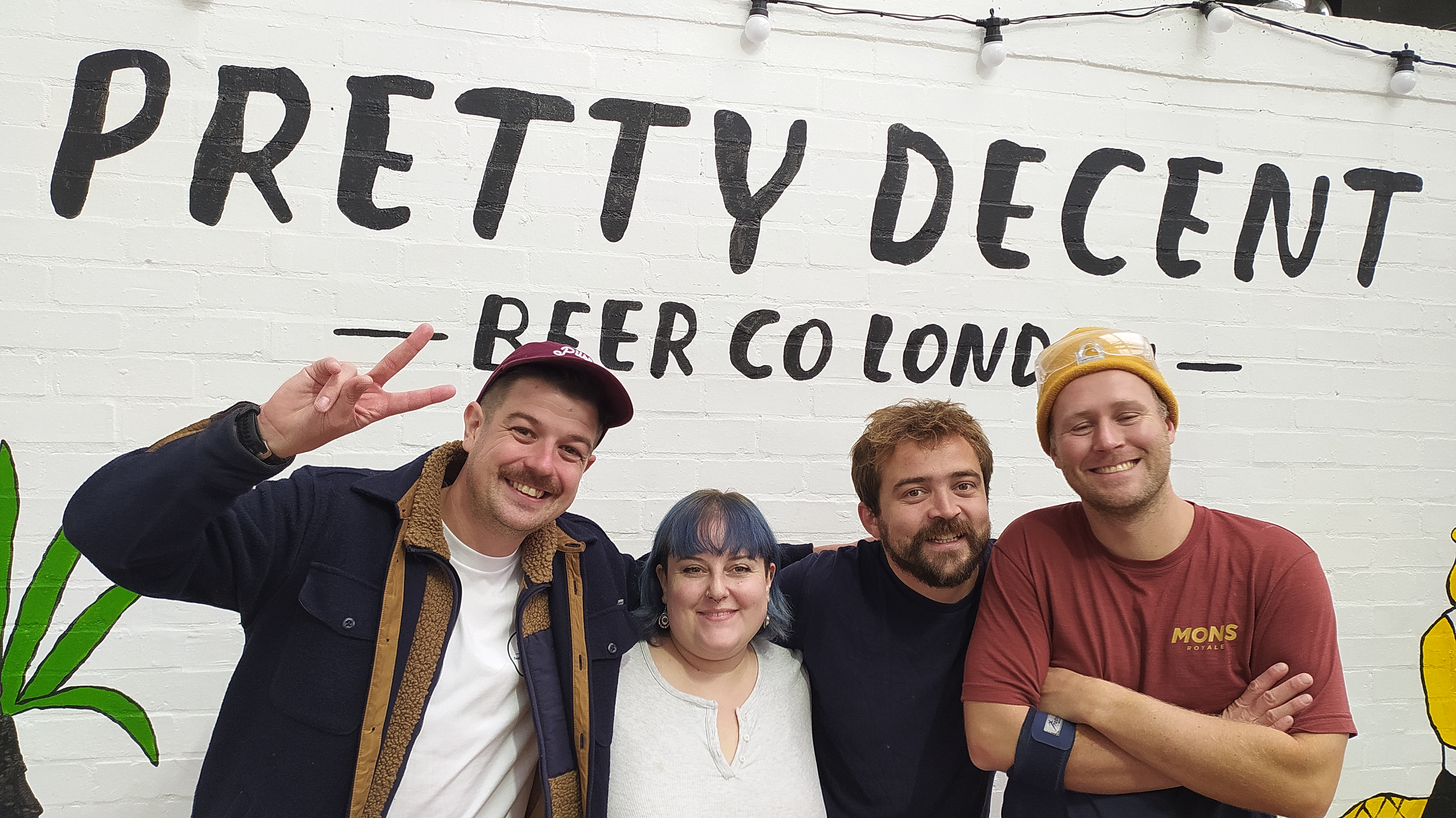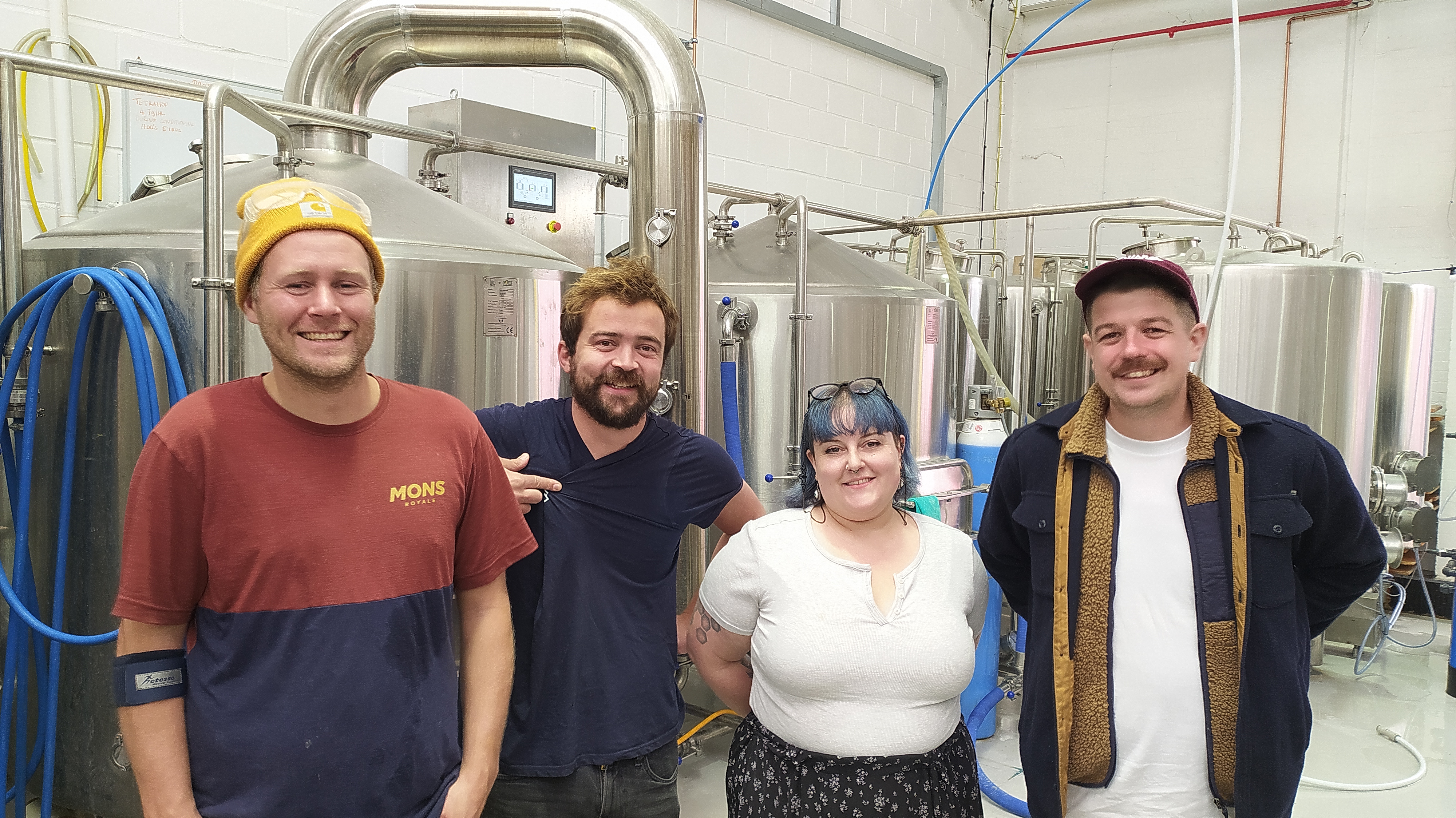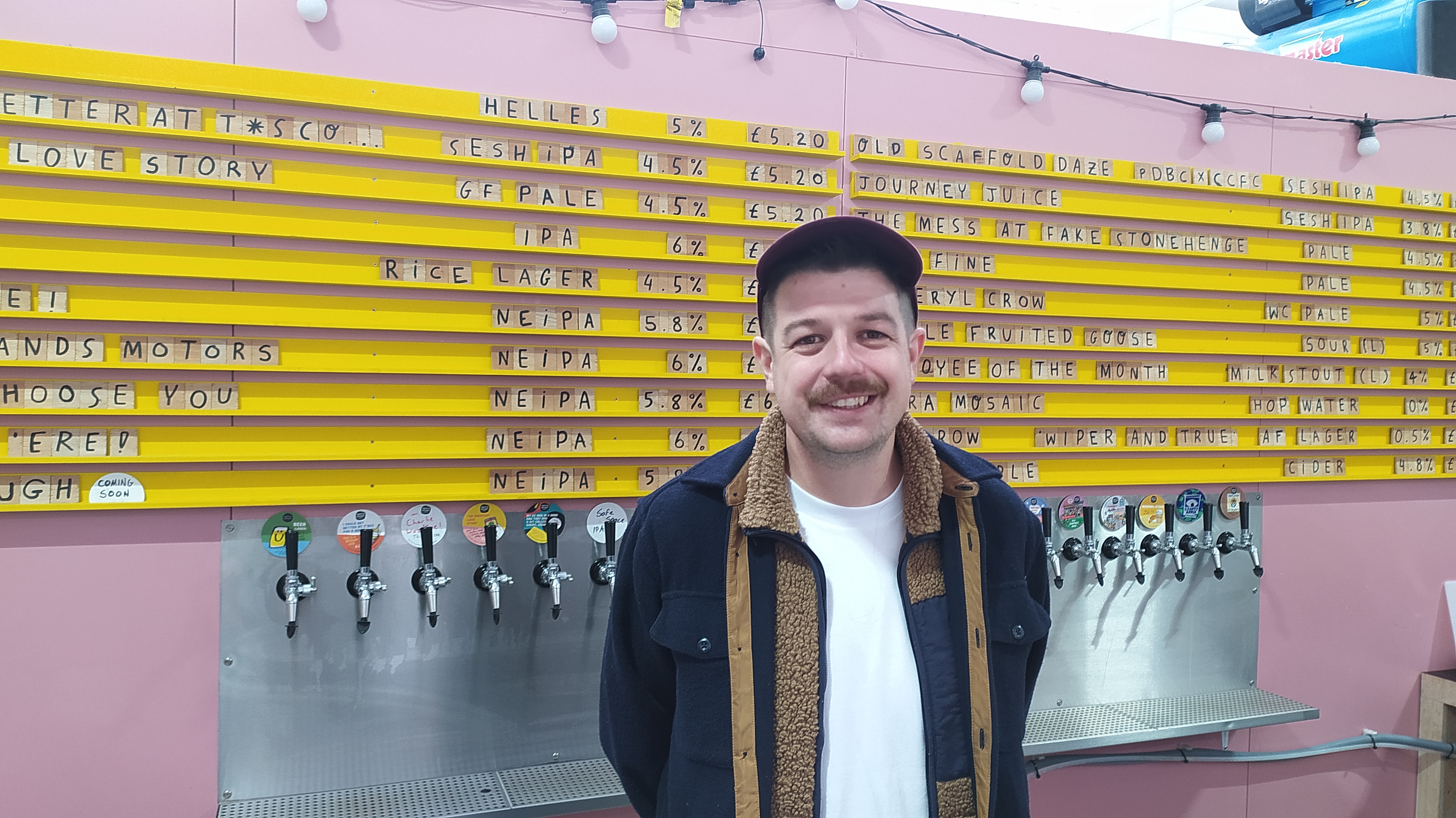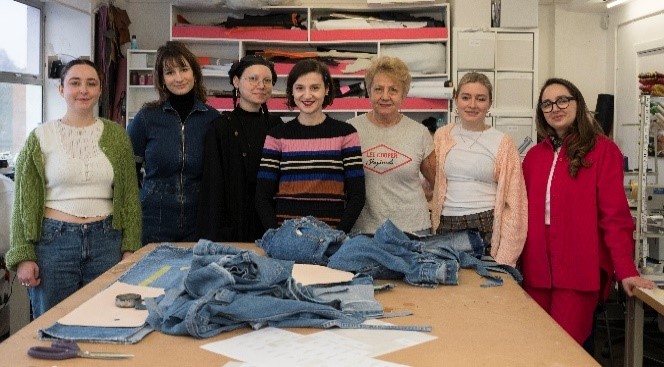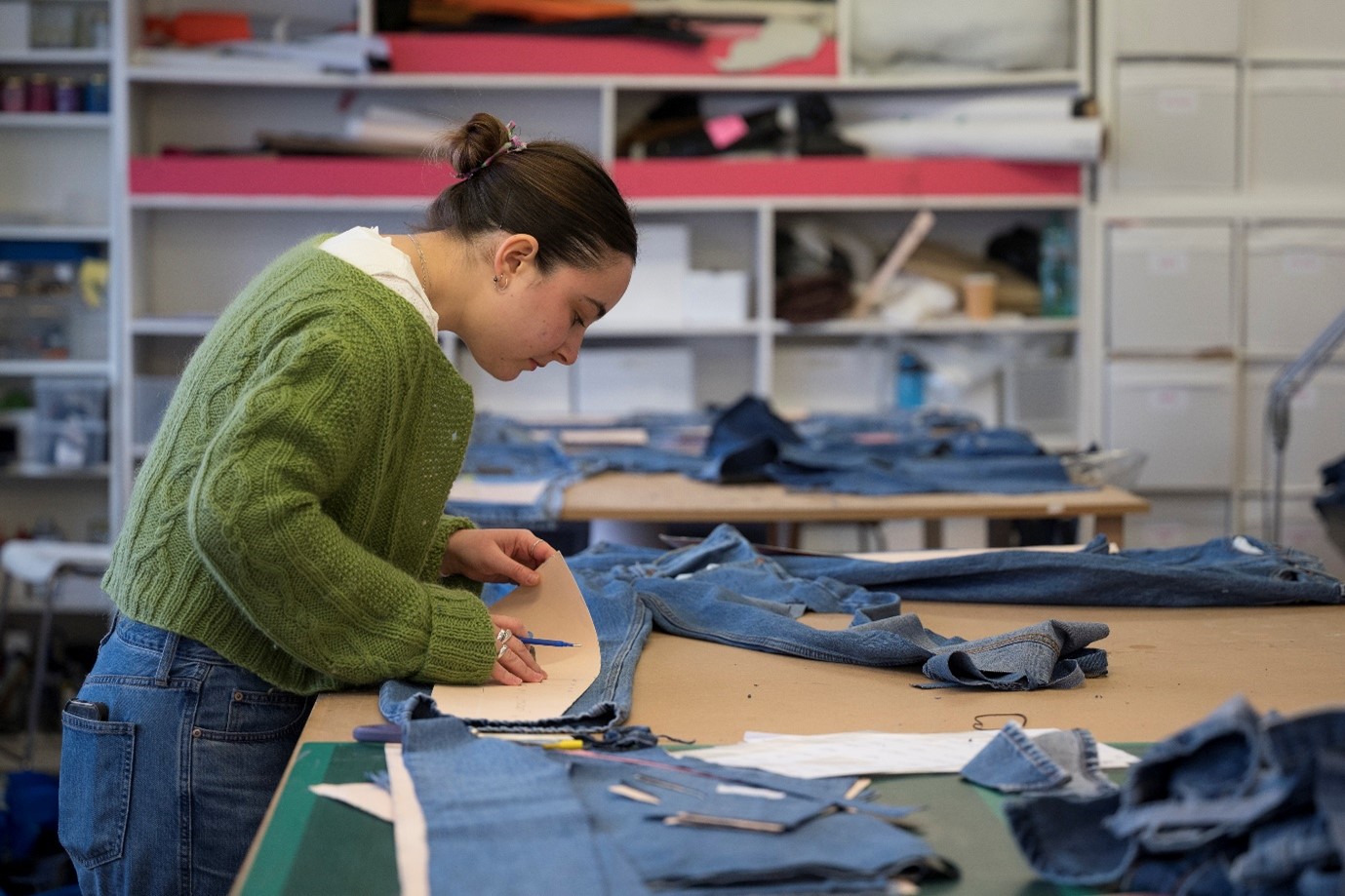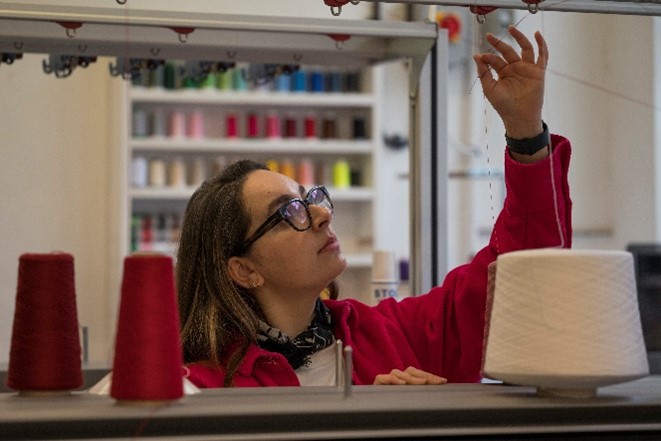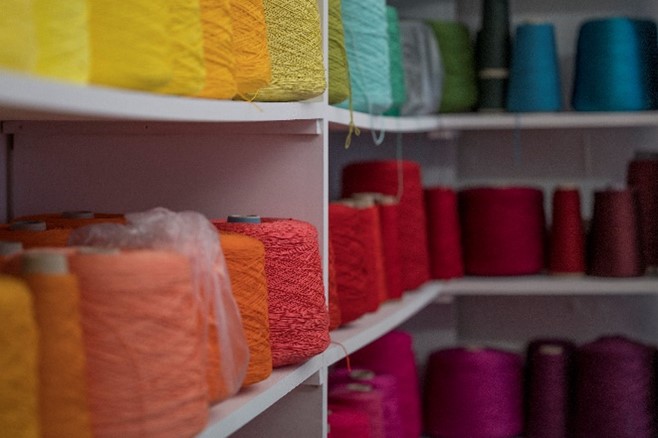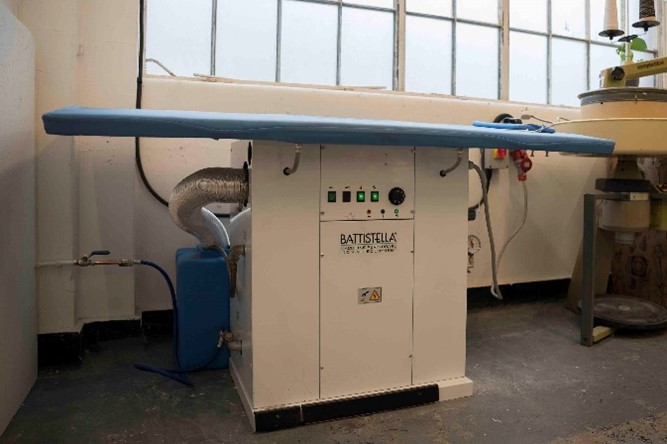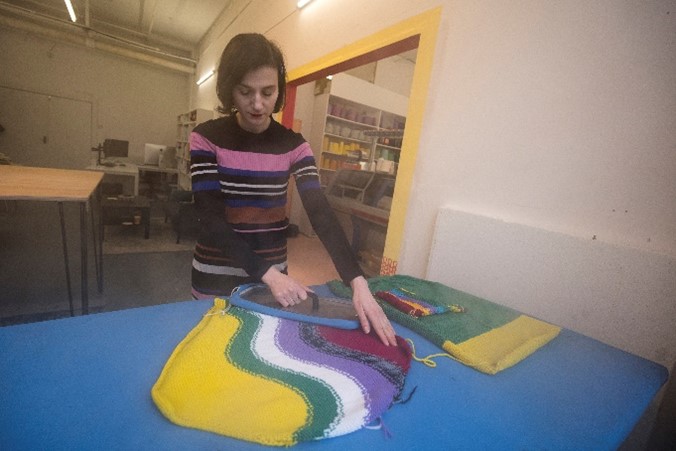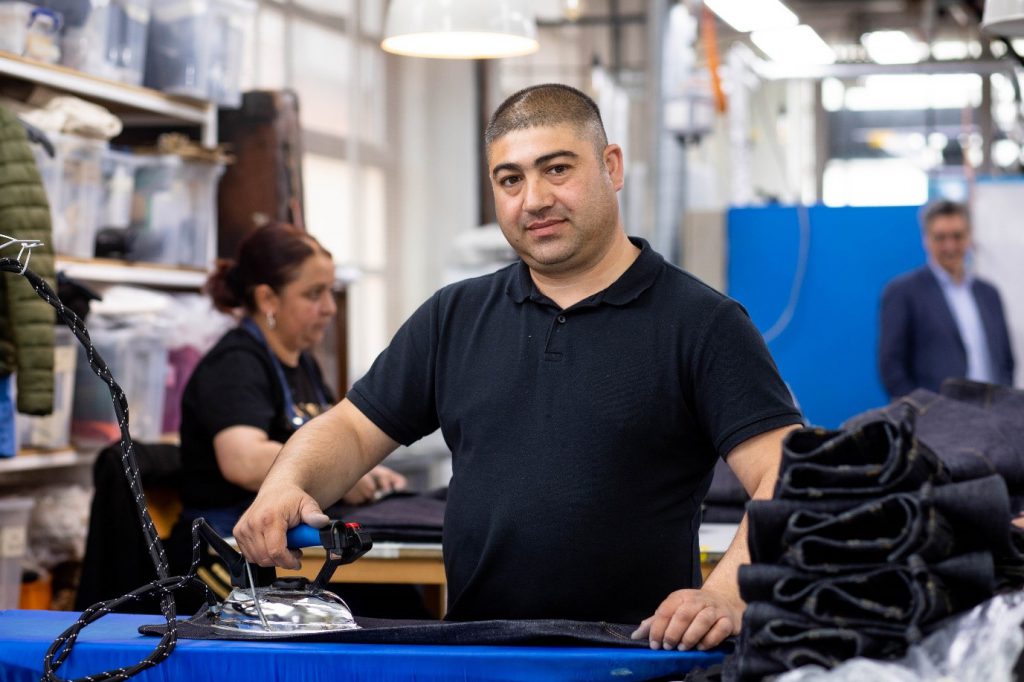Gravity Well Brewing – Case Study
About Gravity Well Brewing
Gravity Well Brewing is a small batch microbrewery in Tottenham. We caught up with Ben Duck, Director of Gravity Well Brewing, to share their story about using the Productive Valley Fund.
With the support from the Productive Valley Fund (PVF), they are continuing to build upon their success by purchasing new machinery and being able to produce more batches.
Tell us about yourself and your business.
“I didn’t start in the brewing industry; I practiced as a solicitor for 8 years before deciding to leave my role and come up with an alternative idea for a future career. The inspiration came whilst I was travelling and met up with one of my friends that was an avid home brewer in New Zealand. I thought, well, I can make beer and microbreweries are popping up everywhere so why don’t I give it a go when I get back.
“When I got back home, I decided to become a full-time home brewer which involved making tiny batches for a period of about 6 months intensively to try and hone my trade and skills. I then found a business premise in Leyton, which was a small railway arch that is well known for microbreweries starting in the capital.
“I essentially started with a glorified home brewing kit, in a very large empty room. I then decided to open an onsite tap room on Saturdays and started selling the beer direct to the public. Slowly but steadily, I gained a strong following of local support which helped build the brand quickly, I then invested the rest of my savings into a 6-hectolitre sized kit, so I could make 600 litres of beer at a time, which was a lot more than what I was making. I then quickly realised that the space was too small to run a viable business in at that point I moved to another railway arch that we opened 5 days a week. Then we embarked on a bigger site as quickly the space became too small and demand for our beer increased.
“The name Gravity Well Brewing actually comes from my interest in sci-fi. I’ve always been a bit of a science nerd, I loved reading sci-fi books and watching space documentaries and the Gravity Well is a term that comes up a lot. The Gravity Well is a representation of how space-time is bent around large objects like planets and stars. I thought the way it looked would make really nice graphics for the brand and the name is easy to say and remember.”
Why did you choose Tottenham?
“We chose to move to Tottenham not just because Andy (a Partner in Gravity Well Brewing) is a massive Spurs fan, but because we knew the area and other local businesses. The area was also good value for money and had good transport links from our taproom in Leyton. There is also scope for another taproom here in Tottenham.”
How did you find out about the Productive Valley Fund? And what was the process like?
“I was first made aware of the Productive Valley Fund by one of the other business owners in the area as they were also considering it, I told them I was looking for some funding and they sent me a PDF about it. The rate that was being offered seemed really attractive and it was in an area that we were looking in. It was actually really good to be able to deal directly with the council that we were going to be involved with in the future, and have them understand our business, which is something we felt would develop a good relationship. It seemed like a much better service than going to a bank that doesn’t know anything about your business and doesn’t want to talk it through and just looks at numbers.
“The communication and process were really good. Even before the loan was agreed, the meetings were productive, and we gained so much knowledge. We had so much support even during the application process.”
Would you recommend the Productive Valley Fund to other business owners?
“I would highly recommend it; it is always worth making sure you have a really robust set of financials, so your financial and sales forecast, your profit and loss, cash flow and. Keep this in mind for the application as you will be asked about it. The process has been really smooth.”
What is next for Gravity Well Brewing?
“We are planning to stay in this unit, however as we are already approaching capacity here, we are thinking about taking on another space in the area ideally in the same estate. There is also scope for us to develop another taproom here. We will continue to grow organically and steadily.”
Find out more about Gravity Well Brewing Watch the case study video
Pretty Decent Beer Co – Case Study
How did you hear about the Productive Valley Fund?
We heard about the Productive Valley Fund as a result of speaking to a fellow independent brewer. They recommended the Productive Valley Fund as being a super supportive and super accessible fund that suited the location that we wanted to move to.
How has it helped your business?
This has been an absolute game changer for our business. It allowed us to secure a new brewhouse which has allowed us to nearly triple our capacity in the last year production wise. It allowed us to move into a new taproom and set up a new production space. We’ve been able to grow the team as a result and we’ve seen the whole business triple in size over the last 18 months as a result of the Productive Valley Fund. The teams bigger, we can produce more beer, we can produce better beer, and more people are able to access us.
Would you recommend other businesses apply to the Productive Valley Fund?
I recommend the Productive Valley Fund, it’s amazing with the support the team give you. The level of business support and reviewing the funds and the application we’ve made was amazing. The team from day one were looking for a reason to say yes as opposed to looking for a reason to say no, and they live that throughout the whole process. It really focussed my planning and the teams planning over the next five years. It really helped us zero in on a goal we had and it helped us make stronger decisions. We think that our business planning is in a stronger position, not only as a result of the funds we’ve received but as a result of the feedback and support we’ve received.
How have the PVF team helped?
From day one the communication has been key. Sometimes as a small business you can feel a little bit hauled over the coals with funding applications. This one was collaborative. The team seemed fully invested in what we were doing and were not only looking to fund this but looking to stay in touch and looking for opportunities for growth. The team were a collaborative partner, and that makes them stand out in the world of business finance.
How has the PVF helped grow your business and your team?
The growth that this fund has unlocked has allowed us to create more jobs. Originally, we were planning over the next five years that this funding would create eight full time jobs. We’re up to our fifth hire already within nine months. It’s been really fast job creation. It will create more both in the borough of Waltham Forest and wider London as a result of this.
We feel really proud that we’ve been able to create local jobs. Around two thirds of the team live within a 3-mile radius of the site. We’re really excited that we’re able to provide and create jobs in a time where that’s not necessarily the case across the market and across the economy. It’s really been a driver in us become a job creator. It’s allowed us to work with other local businesses, we have partnered with Not Big Dough in Walthamstow. It’s allowed us to reinvest in our other site in Forest Gate.
Our turnover and sales have expanded, and we have a model where we donate 1% of turnover to causes that we believe will improve society, such as local foodbanks like Eat or Heat in Walthamstow, to local Pride organisations, to local sports clubs. We’re really proud that as we grow we’re able to increase the amount that we can support those and partner with different communities.
What was the process of applying for the PVF like?
The process was thorough, which allowed us to really dial in our business plan. I think our business is more robust as a result of the plans alongside the PVF. What was fantastic was the clear communication throughout. We weren’t given a firm answer from the start, but we were given an indication whether the fund was worth taking forward.
There was a clear vetting process right at the start, so you don’t go down a huge funding application only to find out it’s a no, which as small business owners we don’t have loads of times. It was important that this was clearly communicated and was time worth investing in the communication process.
The level of expertise in the fund was great. There were a variety of business backgrounds and perspectives that allowed us to answer questions that we’d never thought about before.
What I’d say to come prepared with is a clear idea of where you’re going. The fund is quite linked to locations and space in the Upper Lee Valley area, and there are some amazing spaces out there. As soon as you’ve found a place you’re moving to or a location that you like, get in touch early. They can help you shape those plans because the communication was great from day one.
Don’t think that everything has to be in place and that you have to have everything straight away there, be thorough, know exactly where you want to go, but get in touch early.
Find out more about Pretty Decent Beer.
Kiori Studio – Case Study
Maisie: “I feel like PVF has elevated us to a whole new level.”
About
Kiori Studio is a Haringey-based, women led Fashion and Art Design Space specialising in garments, accessories, art and furniture design. The Kiori team consists of qualified designers with over 10 years of experience in the field. The extensive members of the group are equipped with a broad spectrum of skills, with educational backgrounds from prestigious Universities such as Central Saint Martins and London College of Fashion – Cordwainers.
Kiori Studio’s Creative Director, Maritta Nemsadze, was raised by her great grandmother in Tbilisi, Georgia. She watched her continuously knit and over time Maritta developed an interest and soon fell in love for knitting, crochet and handcraft. By the age of 8 Maritta was already constructing fully fashioned garments.
We caught up with Maritta and Studio Manager Maisie to share their story about using the Productive Valley Fund.
With the support from the Productive Valley Fund (PVF), they are continuing to build upon their success by purchasing new machinery and hiring more staff. This means they will now be able to take on more clients and to produce their products faster.
How did you find out about the Productive Valley Fund? And what was the process like working with the Productive Valley Fund and Council representatives?
Maritta: “Kumar (Haringey Council Productive Valley Fund Officer) reached out to us, and he was incredibly helpful. He was completely supportive and was with us from the start to end. This was like a whole brand-new world for us as we had never completed anything like this before. Kumar kindly guided us, and the end result was a success.”
How has the Productive Valley Fund helped Kiori Studio?
Maisie: “With the PVF loan we have purchased new machinery and hired more staff. We were also able to reach out to clients that had contacted us in the past and tell them that we were now able to fulfil their jobs as we now had enough staff and newer machinery to get the job done. Also, we are now able to tell our existing clients that we have grown and can now take on more. I feel like PVF has elevated us to a whole new level.”
What is next for Kiori Studio?
Maritta: “We want to keep expanding, purchasing more machinery, studio space and hiring more staff. We would love to have at least 50 people working for us.”
What has been a highlight of using the Productive Valley Fund?
Maisie: “Well, we went from the company being just Maritta to then adding myself, and now we are a team of many. I would say that is one of the nicest things to come from having the PVF.”
Maritta: “It all happened so fast; the moment we installed the new machinery we were then able to hire straight away.”
Find out more about Kiori Studio
Blackhorse Lane Ateliers – Case Study
About
Blackhorse Lane Ateliers make and sell ready-to-wear selvedge and organic raw denim jeans from their atelier in London, Walthamstow with a focus on sustainability, community, and unmatched quality. Blackhorse Lane Ateliers opened its doors in April 2016, leveraging their founders Bilgehan “Han” Ates’ 25 years of experience in the textile industry. Blackhorse Lane Ateliers ready-to-wear collections are sold through their own retail and selected wholesale accounts.
Owners Hans and Ingrid have transformed the business and location into a multifaceted production workshop, restaurant, and community space. With the support from the Productive Valley Fund (PVF) and the Business of Fashion, Textiles & Technology’s (BFTT), they are continuing to build upon their success by setting up their first state-of-the-art denim washing facility in the UK, expand their business by developing sustainable laundering / finishing techniques and enable the emergence of a new “London” wash aesthetic. The wash lab will be available for commercial use by large and small brands as well as to partners in education.
Blackhorse Lane Ateliers are renowned for their premium quality construction and ethical business model. They have developed a unique manufacturing ‘hand’ which is rooted in the company’s heritage in London tailoring and have developed a new standard for denim-making across the UK.
How did you come across the Productive Value Fund?
Ingrid: “We saw flyers through Waltham Forest council – informing businesses about the loan and got in touch via the Productive Valley Fund email address. It was easy to start the conversation”.
What were the benefits of the Productive Valley Fund?
Hans: “With the PVF loan of £168,000 we had total peace of mind. We were able to expand our whole lab infrastructure system from washing, producing and drying garments. We now have a fully integrated factory, which is the first in the UK for producers like us, as garment luxury producers tend to be in Italy, across Europe and Japan. We now save on costs, time, and transport (as we no longer have to ship our denim to Italy to be washed), but most importantly we are able to drive the aesthetic creatively and research development of jean production in the UK”.
Ingrid: “We were focussed on the operation of our business, but PVF gave us an opportunity to understand our own finances. Support was provided by the PVF administration in understanding Profit and Loss Account, Balance Sheets, and various financial terminology. It was a good learning experience. Once we understood the basics, we realised we had to recruit a consultant to help us with cash flow and forecasting etc. We have a much better understanding of our finances now.
PVF is an excellent learning experience in more than one way, as there is a layer of benefits. We were also able to purchase the Laser and Washing Machines (one of its kind in Europe) and as a result, we have attracted a lot of interest amongst students from the London College of Fashion and University Arts London for research / workshops and other manufacturers. Furthermore, we also had lots of interest from several wholesale businesses who are in the process of placing orders for denim from Atelier”.
What was the process like working with the Productive Valley Fund & Council representatives?
Ingrid: “The support team were in hand offering constant help via phone calls and emails when required throughout the whole process. We were consulted and kept informed about the various stages prior to the approval of the loan. We were assured that the loan application was moving in the right direction and the assurance gave us the opportunity to place orders for the machinery prior to the approval of the loan. Prices were on the increase, so we went ahead!
The team offered help at every stage of the application process with the business plan and financial documents. They were eager to help and prompt with their responses.
Based on our experiences we would gladly encourage other businesses to apply for the Productive Valley Fund loan because of the help we received. In fact, we have even been encouraging businesses we deal with or know that would benefit from PVF loan to apply directly”.
What did you use the loan money for?
Ingrid: “Most significantly for this project, we were able to make the down payment on the machinery to ensure we would receive the equipment in time for our launch. The delivery date ended up being postponed several times (from September 2021 to April 2022!), and it was crucial to have a repayment holiday to absorb this significant delay. We also used the loan to finance the building work we had to do to house the machines, which included electrics, drainage, moving partitions and ventilation”.
Did the loan money contribute to any social outcomes?
Hans: “The business will be creating 16 full time jobs including apprenticeships, internship, and hosting researchers. We receive regular visits and hold workshops for students from Chelsea College London and will continue to focus on recruiting local staff. After launching the latest machinery, we are allocating a set number of days per month for students and researchers from University Arts London to access the machinery lab. Through this, we can facilitate knowledge creation around sustainable, circular fashion practices and prepare students for jobs of the future”.
A loan fund that will help your business grow
The Productive Valley Fund (PVF) is a new £2.7 million flexible loan fund to support industry-led growth and celebrate local production and enterprise in the Upper Lee Valley. The fund is open to small to medium-sized industrial estate-based businesses in the Upper Lee Valley – Enfield, Haringey and Waltham Forest – and those looking to relocate there.
If you have plans to expand, are an exemplar of modern production, and are committed to providing good quality local jobs, then this could be the loan fund for you.
Find out more: Productive Valley Fund








